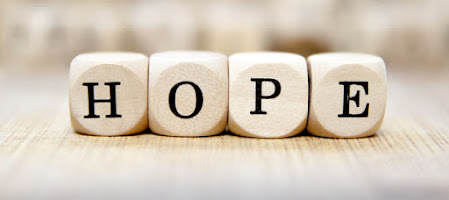As I grew older, I began to pay attention to the news and hear stories about injustices that took place against people who looked like me. In many instances it seemed like we were looked down upon and I couldn’t quite understand why. The people I knew were mostly upstanding citizens. I got along well with the people of other races that I knew. If others gave it a try, couldn’t they make it work too?
Whether it was the “by any means necessary” message of Malcom X or the peaceful message of Dr. Martin Luther King Jr., the end result seemed to be untimely death. In the present day, many people were angrier about a Black man kneeling during the National Anthem than they were about an officer kneeling on a Black man’s neck for almost 9 minutes...
It seemed like Black people just couldn’t win for losing and all we really wanted to do was live, be treated with respect, and BREATHE…
The stories broke my heart, and so I did the only thing I knew could make things right in an instant…I prayed. I asked God to make everyone love each other and live by the Golden Rule—to treat others the way they would want to be treated. I pleaded with Him, but I soon learned that although He is omnipotent, He provides us with free will. Treating others with love and respect is a choice He allows us to make. This realization made me feel hopeless because humans are—human. Given free will, could we love and respect one another?
Years passed and injustices continued to occur.
Trayvon Martin, Eric Garner, Sandra Bland, Ahmaud Arbery, Tamir Rice, Freddie, Gray, Alton Sterling, Philando Castile, Breonna Taylor, George Floyd…
The list goes on…and on...and on...
Along with these names and the stories of their murders is the weight of the fact that my husband, my son, my daughters, many of my friends, my family, and I are all guilty of their same crime…We are Black. We are seen as threats because we are Black. Will one of us be next? It is a fear that so many of us experience every single day as we go to work, send our children to school, and walk, run, or ride our bikes through our neighborhoods.
We have stories about being pulled over because we played our music a little too loud or being profiled as we walked through a convenience store, or being questioned about our presence in an area where we “don’t belong.” Many of us have stories about being on the receiving end of unkind racial jokes. Oftentimes we try to explain our frustrations to non-Black people we considered allies only to be told that our experiences aren’t valid. We have stories of being ticketed for breaking rules that were created the moment we were pulled over—to justify the “routine traffic stops.” We have stories of the injustices that occur in our workplaces—the unfair hiring practices, the exclusion, the unequal pay, the missed opportunities, etc. We spoke these truths for years, but it wasn’t until cell phone videos emerged in recent years that people realized the weight of our claims. They could no longer deny the truth.
Change will require that we use our ears to hear the concerns of our brothers and sisters who are hurting. We have to listen from a place of love with an empathetic ear. We have to put ourselves in their shoes and listen to understand concerns and fears. We need to hold ourselves accountable when racist or exclusionary thoughts rear their ugly heads in our minds. We have to use our voices and our platforms to speak against injustice. We have to correct our friends and loved ones when they say unkind or inappropriate things about people of different cultures and backgrounds.
I was hopeful as a young child. My hope waned as I grew older, but in light of the recent unity I have seen across the globe, I hold on to hope once again. I believe the foundations are being laid and people are choosing to do the right thing—to stand up to discrimination, inequality, and injustice. People are choosing to fight for a brighter future for their posterity--and that makes me proud. Change won't come easy, but it will come and it will be worth it. As I do my part to make change a reality, I am determined to continue choosing love and I challenge you to do the same.
